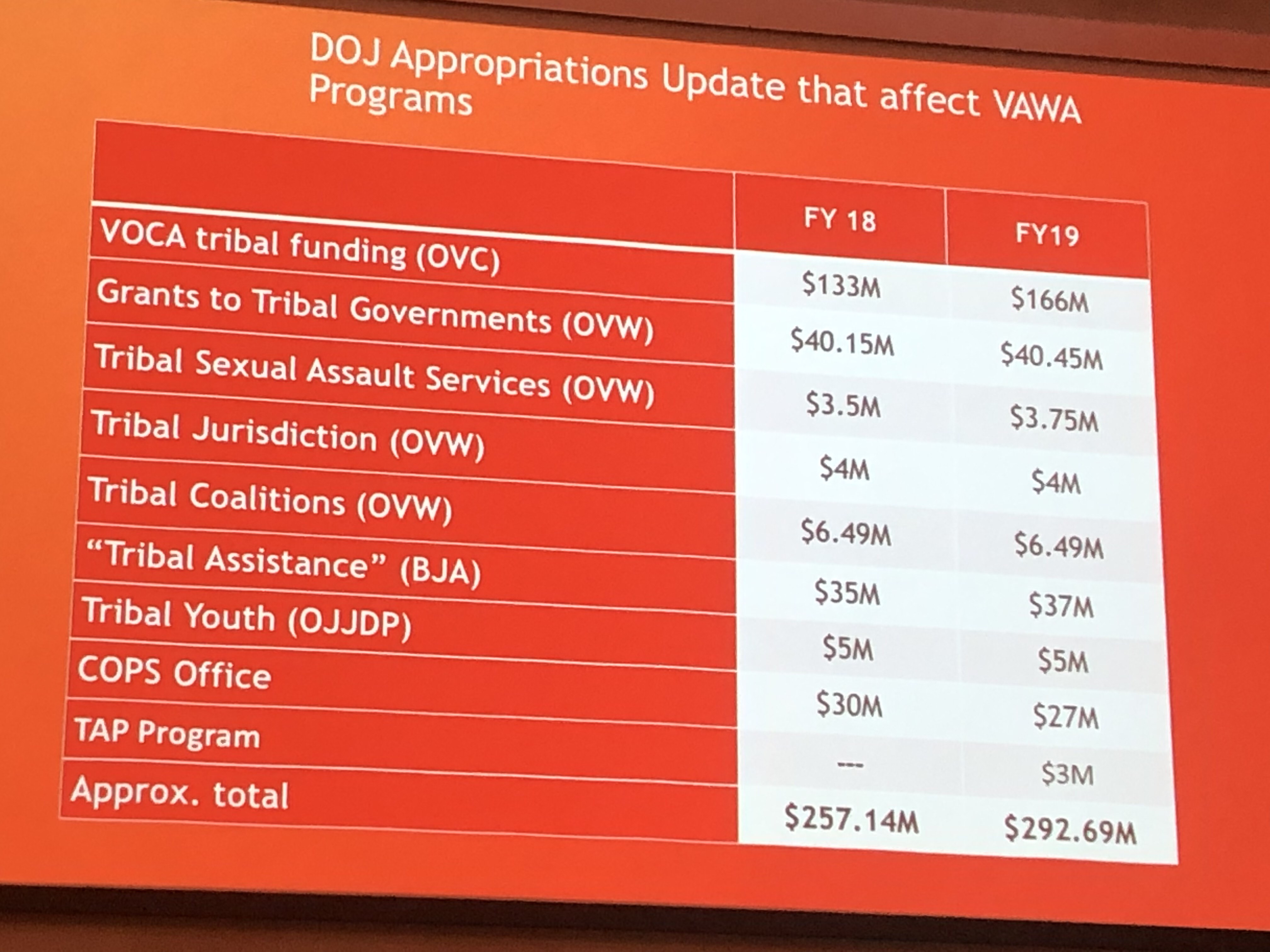
National Indian Country Training Initiative Online Training Announcement
Title: ICWA Webinar Series: The Indian Child Welfare Act and the Role of Tribal and State Attorneys
Date: October 8, 2024, 2:00 – 3:45 pm EDT
Register Here: https://usao.webex.com/weblink/register/r07e72e3d5222b35a4d9c7b80a47fc4f7
Registration deadline: October 4, 2024
Non-DOJ applicants will receive notification of their application status by: October 7, 2024
The Indian Child Welfare Act (ICWA) provides minimum Federal standards for the removal of Indian children from their families and placement in foster and adoptive homes. Tribal and State attorneys play important roles in advancing the protections of ICWA. This webinar is the fourth in a multipart series concerning the application of ICWA in State courts and the role of Tribal courts in cases involving ICWA. Kate Fort, a nationally recognized expert on ICWA will discuss the implications of ICWA in representing Tribes and States in child welfare cases. Topics will include transfer, state agreements, and many other important topics. CLE has been requested.
There is no tuition charge for this training.
If you have any questions, please contact Heather Cumper at heather.cumper@usdoj.gov or Leslie A. Hagen at leslie.hagen3@usdoj.gov.




You must be logged in to post a comment.